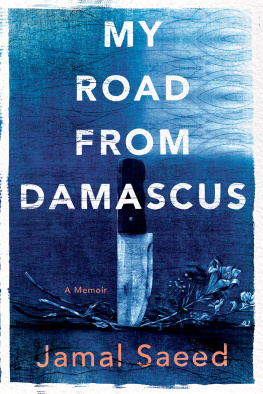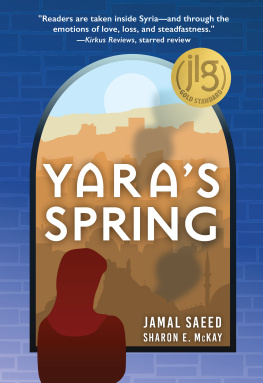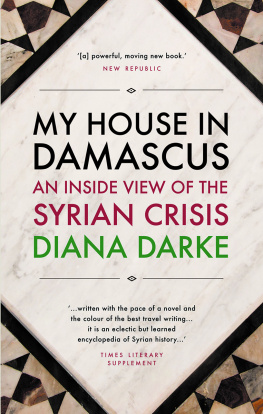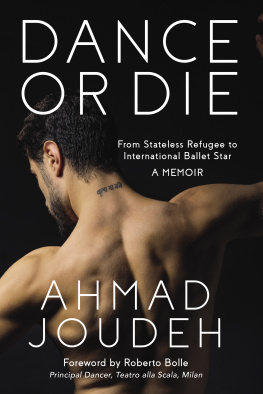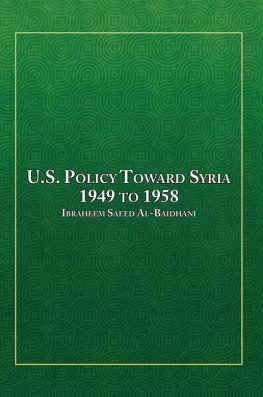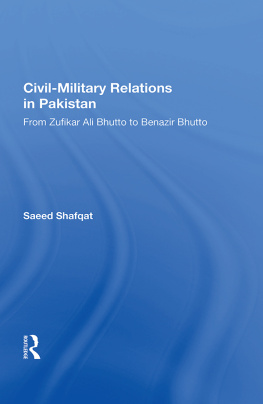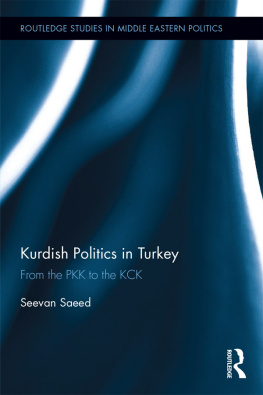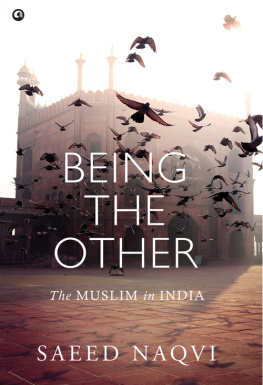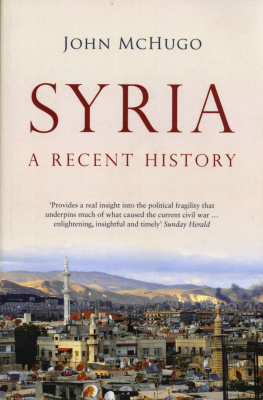Our battered suitcases were piled on the sidewalk again; we had longer ways to go. But no matter, the road is life.
And as he journeyed, he came near Damascus: and suddenly there shined round about him a light from heaven.
In Damascus The stranger sleeps Standing on his shadow Like a minaret in the bed of eternity Not longing for a country Not longing for anyone...
Footnote: I love the elegance and lyricism of Darwishs poem about Damascus and am amazed by the splendor and glory of Damascus in many poems and books. However, these elegant poems and books do not refer to the sobbing that tears you apart, the sobbing that I, along with most of the people and houses in Damascus, know all too well.
Chapter 1 Silver Charm and Apple Trees
I was holding my grandfathers hand in the backyard, watching my grandmother as she helped our cow give birth in the open air. The cow was bellowing in pain, and I felt really sorry for her. Sitti , my grandma, slipped a silver ornament in the shape of a star on the cows horn and prayed to Allah to help her. After the cow had given birth to a lovely little calf, I asked my Sitti about the strange object shed hung on the horn.
It is a hamili, she replied. It makes giving birth easier.
I looked closely at the star-shaped silver charm and asked about the engravings on it. Jaddi , my grandfather, explained they were words and symbols.
Jaddi , what do the words say? I asked, looking up at him.
They are the words of Allah, he said.
Did Allah himself write these words?
No. He sent them in a message delivered by an angel. And people wrote down the angels words.
Can I speak to Allah? I asked.
Jaddi laughed. Only the prophet Musa can speak directly to Allah.
Where does Musa live? Can I visit him?
Why do you want to visit him? Jaddi asked.
I want to ask if I can go with him when he speaks to Allah. Id like to hear Allahs voice.
Musa lived a very long time ago, and, anyway, he wouldnt take young boys to visit the Almighty. Jaddi laughed again.
Your mother had a difficult labor when she was giving birth to you, Sitti told me, and so the midwife asked where the village hamili was. The neighbors goat was giving birth for the first time, just like your mother, so your aunt rushed next door and snatched the hamili from where it still hung on the nanny goats horn. The word of Allah helped your mother when you came into the world, she added, tenderly touching the amulets engraving.
In the weeks before I was born, Najeebah Shabow prepared carefully for the arrival of her new baby. She gathered together pieces of cotton fabric saved from flour sacks and sewed a small swaddling blanket, as well as a pillow and some garments, which were traditionally the same for boys and girls. Najeebah lovingly embroidered the baby blanket, pillow, and clothes destined for her baby, and his many siblings to follow, and the crib was made by the village carpenter, Abu Hikmat. Abu means father of in Arabic, and if a man has a son, you always identify the man as father of his first sons name. As I was the first son, my father was called Abu Jamal, even though I had six other brothers and was the first of ten children. Its the same for a woman, where Umm means Mother of... To this day, Najeebah Shabow is greeted as Umm Jamal .
When my mothers time came, my father went to fetch the midwife to help with my birth but found she was assisting her daughter-in-law who was also in labor. Its a rare situation in a small village to have two children born on the same morning. I was my mothers first child. She was just nineteen years old, and I was born in my parents bedroom. My mother told me that she was in the middle of a powerful contraction when the midwife finally arrived.
This is the easy stage, the midwife assured her.
My mother was not at all happy to hear this. Get away from me, you bitch! Id rather have a whore for a midwife.
The midwife laughed and began her work.
After you were born, my mother used to say, your grandma put salt on your body and washed you in a small tub in the other room in the house. She rubbed you with olive oil and ground myrtle leaves, put kohl around your eyes, and dressed you in the clothes we had prepared. Then she brought you to me. You were very small, and many of our friends and relatives thought you wouldnt survive. But I whispered in your ear, You will live.
My mother told me the story of my birth many times over the years, but I was most touched by it when I was just out of prison the first time and she told it to me yet again. Perhaps it was because I could relate the story of the hours following my birth to the new life of freedom I was experiencing outside prison.
My father understood freedom in his own way.
Be your own boss so you dont have to take orders from other people.
This was why he chose not to work in the asphalt company that was one of the main employers of our village, founded by the French in 1927. My father had another theory, which was that farming was the most honorable career because it provided food for everyone. He loved farming.
I thought of him on the plane to Canada when the flight attendant gave us a form to fill in. I looked at the flag at the top of the form and my eyes rested on the maple leaf, which I knew was the Canadian national symbol. I thought of all the different symbols that nations, companies, and individuals chose to represent them and decided that, if I were asked, I would choose the apple. Not because of the biblical story of Adam and Eve, but because of memories of my own life from many years before, and one memory in particular.
My father was a pioneer farmer in our village, Kfarieh, in Syria. He was the first farmer in the area to plant Golden Delicious and Red Delicious apple trees. When I was about four years old, I stood watching him as he dug a series of holes and began to plant seedlings in them.
Plant me, Dad, I said.
Why? he asked.
Stepping into one of the holes, I explained, I want to be an apple tree, and then Mom will gather apples from my hair.
My father laughed. But then you couldnt move.
Change me into a moveable apple tree, I said.
I felt like an old apple tree sitting on a plane. When the flight attendant offered us a drink, I asked for apple juice.
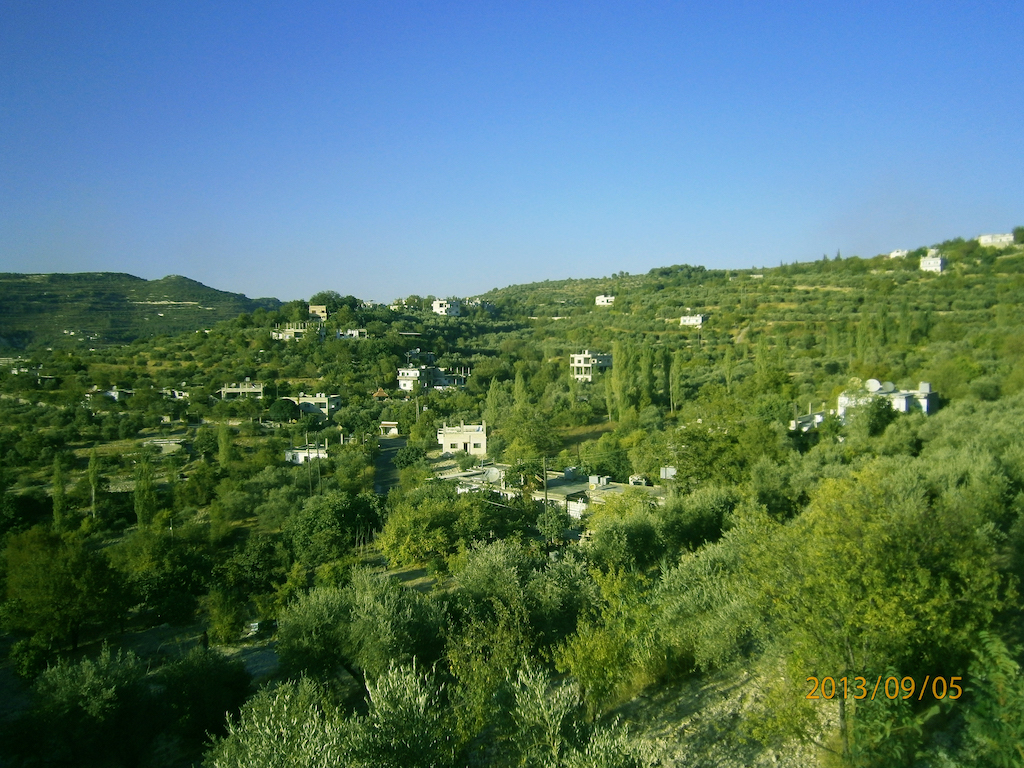
A. Mahmoud
Kfarieh, the green village where I was born and spent the first seventeen years of my life.
Chapter 2 Despair Was the Secret of My Courage
As the steel door swung open, seven soldiers, all shouting orders and obscenities, rushed into our cold, dark prison cell.
Faces to the wall, you sons of bitches, they screamed at the three of us.
Hands behind your backs, animals.
Lower your shit-filled heads and shut your eyes, bastards!

